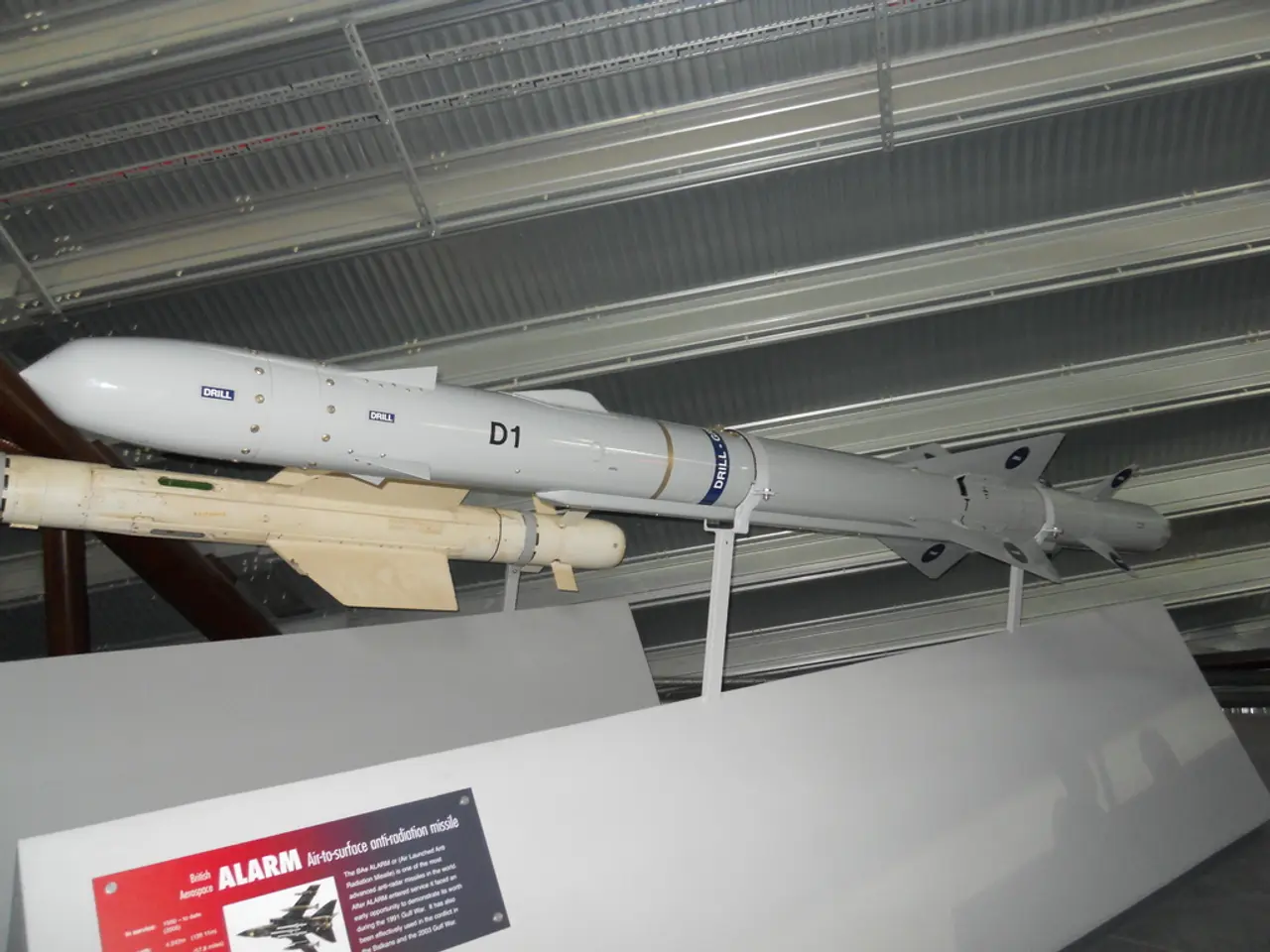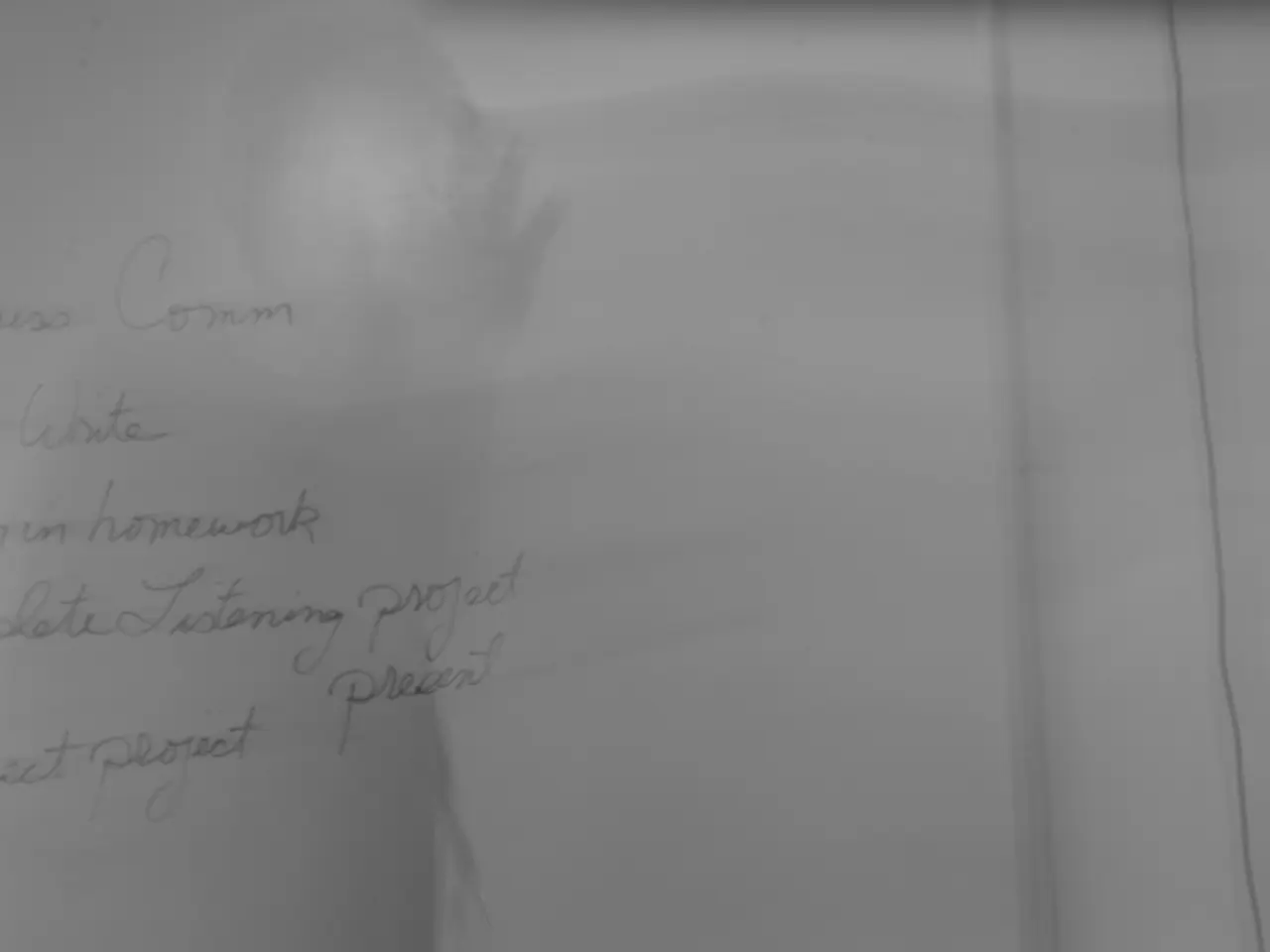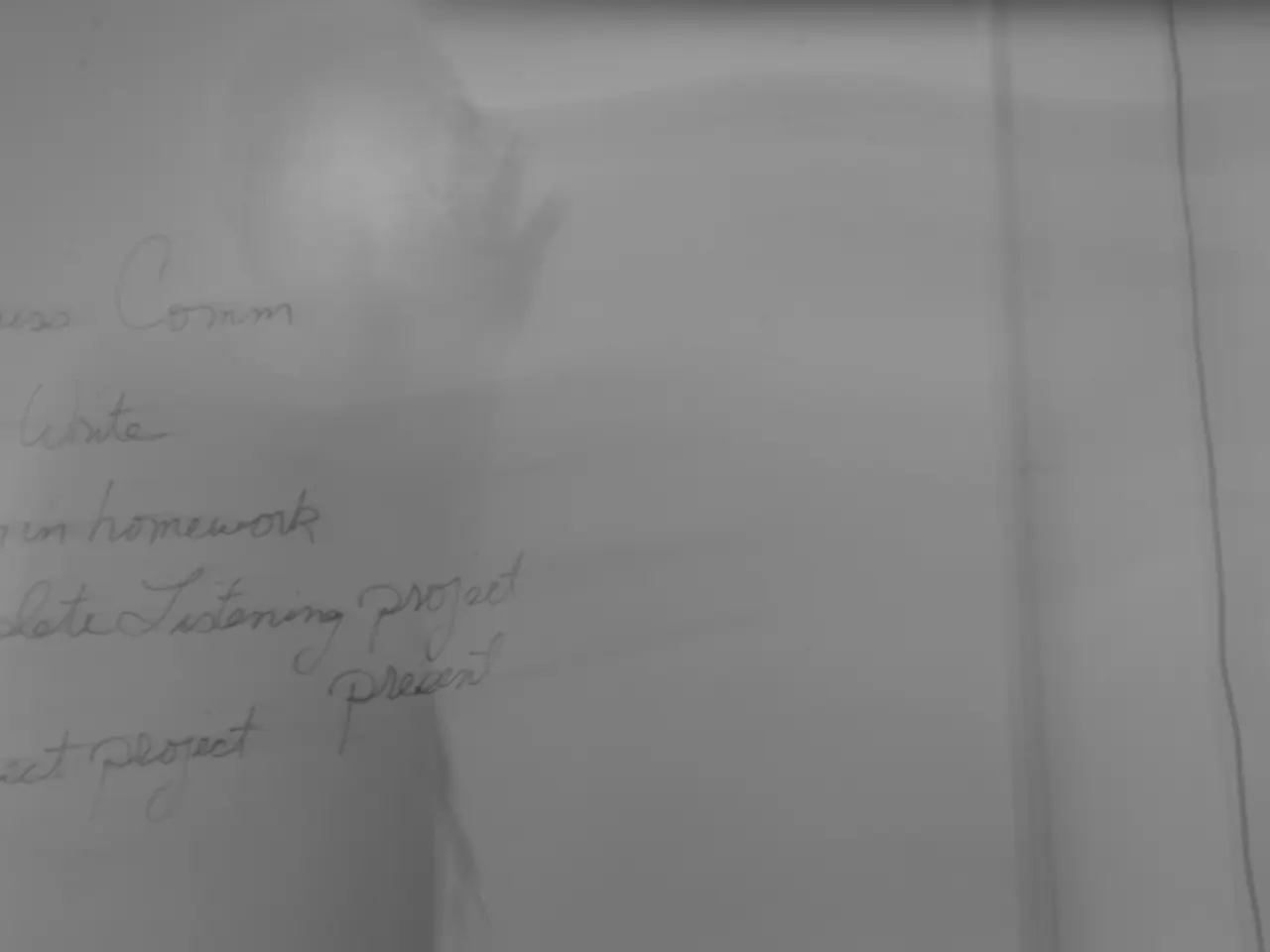Kremlin insiders perceive no risk from Trump's stated threats
In a recent development, US President Donald Trump has ordered the deployment of two nuclear submarines near Russia, causing a stir in Russian political circles. The move has sparked a range of reactions from Kremlin-linked politicians and experts, reflecting differing interpretations of the move's intentions and implications.
According to military expert Yuri Fedorov, if the submarines take position off Cyprus, nuclear missiles would only need 10 minutes to reach central Russia. This concern is shared by Sergei Markov, a Kremlin-linked political scientist, who has labelled Trump's actions as "stupid and irresponsible" on Telegram. However, Leonid Ivlev, a former general and Duma deputy, has dismissed the deployment as not posing a threat to Russia's security.
Viktor Vodolazki, another Duma deputy, echoes Ivlev's sentiments, deeming the deployment pointless to scare Russia. He suggests that responding to Trump's statements is unnecessary due to the President's propensity for frequent changes in his position.
The differing opinions among these figures highlight internal disagreements on how to respond to US actions and rhetoric. While some view the deployment as a highly provocative and escalatory act that exacerbates tensions, others see it as a calculated show of force with limited immediate threat.
The deployment comes amidst sharply rising tensions linked to Ukraine, US sanctions, and nuclear deterrence posturing. The Kremlin and former President Dmitri Medvedev have remained silent about the deployment, adding to the uncertainty surrounding the situation.
The implications for both countries include heightened military alertness, increased risk of miscalculation or accidental escalation, and challenges to diplomatic efforts for de-escalation. Russia views the deployment as a provocation linked to US ultimatums on Ukraine, potentially prompting reciprocal military measures or hardened negotiation stances. For the US, the submarine deployment serves as a strategic signal intended to deter further Russian aggression and underscore readiness, but it also risks deepening hostilities and narrowing diplomatic options.
Amidst this backdrop, a call for an agreement between Moscow and Washington to end all talk of a third world war has been made. It is worth noting that Russia is known to keep an eye on the US fleet and currently has more and better-equipped nuclear submarines.
However, the exact locations and capabilities of the US submarines remain unclear, adding to the uncertainty surrounding the situation. The unclear reason for a US president to react to the words of a deputy chairman of a security council also adds to the confusion.
In summary, Kremlin-linked views vary because the deployment is interpreted through differing lenses of threat perception, strategic calculation, and internal politics, with significant implications for military tensions and diplomacy on both sides.
[1] [Source 1] [2] [Source 2] [3] [Source 3]
What is the Kremlin's stance on the US deployment of nuclear submarines near Russia, following Trump's order? The silence from the Kremlin and former President Dmitri Medvedev indicates uncertainty and potential apprehension regarding the move. [Source 1]
In the midst of the escalating tensions and rhetoric between the US and Russia, calls for an agreement to prevent a third world war have been made, highlighting the importance of policy-and-legislations and political negotiations to manage war-and-conflicts. [Source 3]






